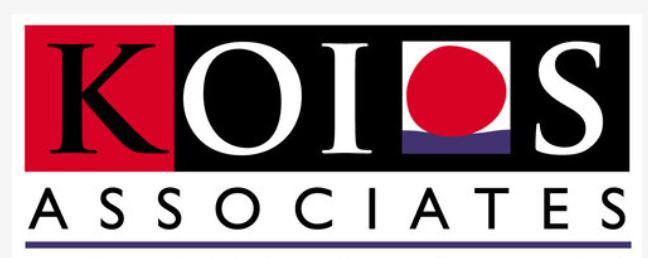The $8.4 Trillion Difference: Tax cuts, Trump, and the folly of supply-side economics
Scrooge McDuck swimming in his money
Robert Reich writes in his blog "There are obviously many reasons to reelect Biden in the fall. And tax policy sometimes causes eyes to glaze over. But it’s hugely important. The $8.4 trillion difference in revenue between Trump’s plan to extend his tax cuts for the rich and big corporations and Biden’s plan to increase taxes on the rich and big corporations needs to be shouted from the rooftops."
Since at least the mid 1970s, right wingers have proclaimed that cutting taxes would increase government revenue because the lower tax would stimulate huge investment activity that would translate into more production and more sales on which the taxes, even at a lower rate, would more than make up for the near-term tax revenue loss. Ronald Reagan rode to power on the back of this argument with his "supply side" economics.
It is true that if you have exceptionally high marginal tax rates reducing them may result in a new gain for the Treasury. When Eisenhower was President the top marginal income tax rate was 91.4%. In the 60s and 70s Britain had similarly high tax rates. When JFK cut the top rate from 91.4% to 70% the tax cut actually did pay for itself. When Thatcher came to power in 1979 she cut the top British rate from 83% to 60%. In both cases, the economy boomed, and total tax revenues increased.
But the Reagan tax cuts and those that followed under Bush Senior, Bush Junior, and Trump, failed to produce a similar effect, mainly because at a certain level lowering the top marginal tax rates on individuals and companies does not spark more spending and productive investing but rather has an effect similar to the Scrooge McDuck paradigm of diving into a swimming pool of money. If you're a multi-billionaire, it's hard to spend all that money. And if you're a multi-billion- or trillion-dollar company it can be hard to find productive ways to invest.
So the individual billionaires put their cash into things like another Matisse on the wall or ski house in Aspen, which have no impact on production or employment. Companies caught in the same bind, instead of building new factories, use their profits for share buybacks, which just return cash to the billionaires (and smaller investors as well, though they are just rounding errors).
Most of George W. Bush’s sweeping personal income tax cuts of 2001 and 2003 were made permanent in 2013. According to the Center for American Progress, by the end of the 2023 fiscal year, they had added $8 trillion to the national debt. Trump’s tax cuts of 2017 have added another $2 trillion or so. We still have a progressive income tax, but it is less progressive than before. According to the IRS, in 2001 the top 1% of earners paid 27.6% of their adjusted gross income in tax. In 2021 they paid 25.9%. That may not sound like a huge difference, and maybe it’s not to the one-percenters, but it represents a $22 billion savings.
The one-percenters don’t recycle this extra cash into the productive economy but rather into the Fortresses of Solitude belonging to the likes of Elon Musk, who sued when his $56 billion performance bonus from Tesla was going to be cut to $40 billion. And what does he do with that money? He buys Twitter. It's not like buying a pair of pants on Amazon, which you can return, so he somehow has to choose between shutting it down at a loss or trying to make it into a profitable company or at least an amusing toy. This is Trumpian economics.
Tell me why Jeff Bezos would leave a comfortable life in a pleasant place like Southern California to move to Florida. Well duh, Florida has no state income tax. As if it matters when you're worth $160 billion. At least he has to spend 183 days of the year in Florida to enjoy that benefit, which is a punishment I'd prefer to avoid.

